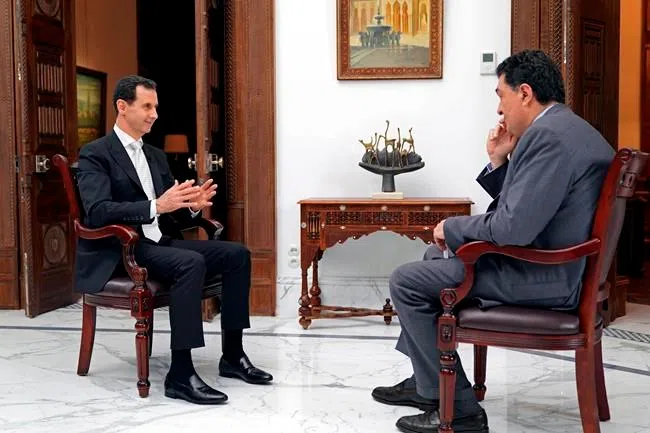
Israel, Iran engage in most serious confrontation in Syria
BEIRUT — Israeli forces unleashed a heavy bombardment against Iranian military installations in Syria on Thursday in what Israel called retaliation for an Iranian rocket barrage on its positions in the occupied Golan Heights, the most serious military confrontation between the two bitter enemies to date.
The two rivals have long fought each other through proxies, and with the new exchange each seemed to be sending a warning that a direct clash between them could swiftly escalate.
“If we get rain, they’ll get a flood,” Israeli Defence Minister Avigdor Lieberman warned.
The scope of the attacks — which Israel called its largest in Syria since the 1973 Mideast war — raised the spectre of a full-fledged war between Iran and Israel in Syria, a conflict that could potentially drag the militant Hezbollah and Lebanon into the mix with devastating effects, although both sides appeared to signal they wanted the confrontation to remain contained, at least for now.
